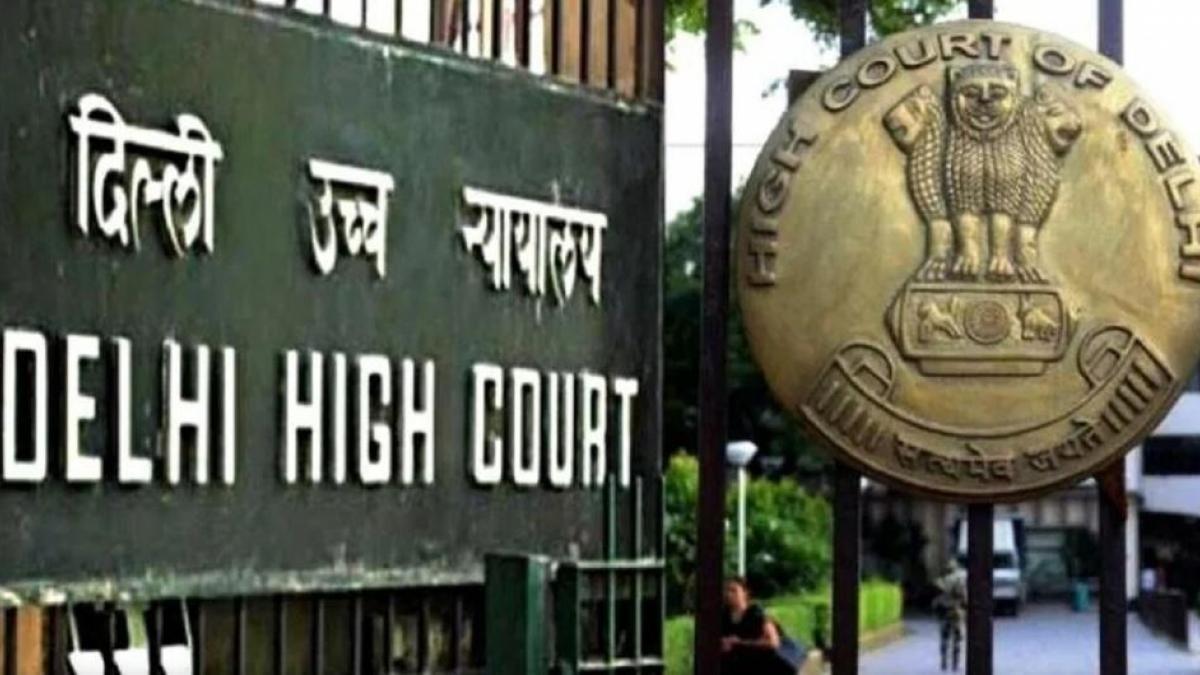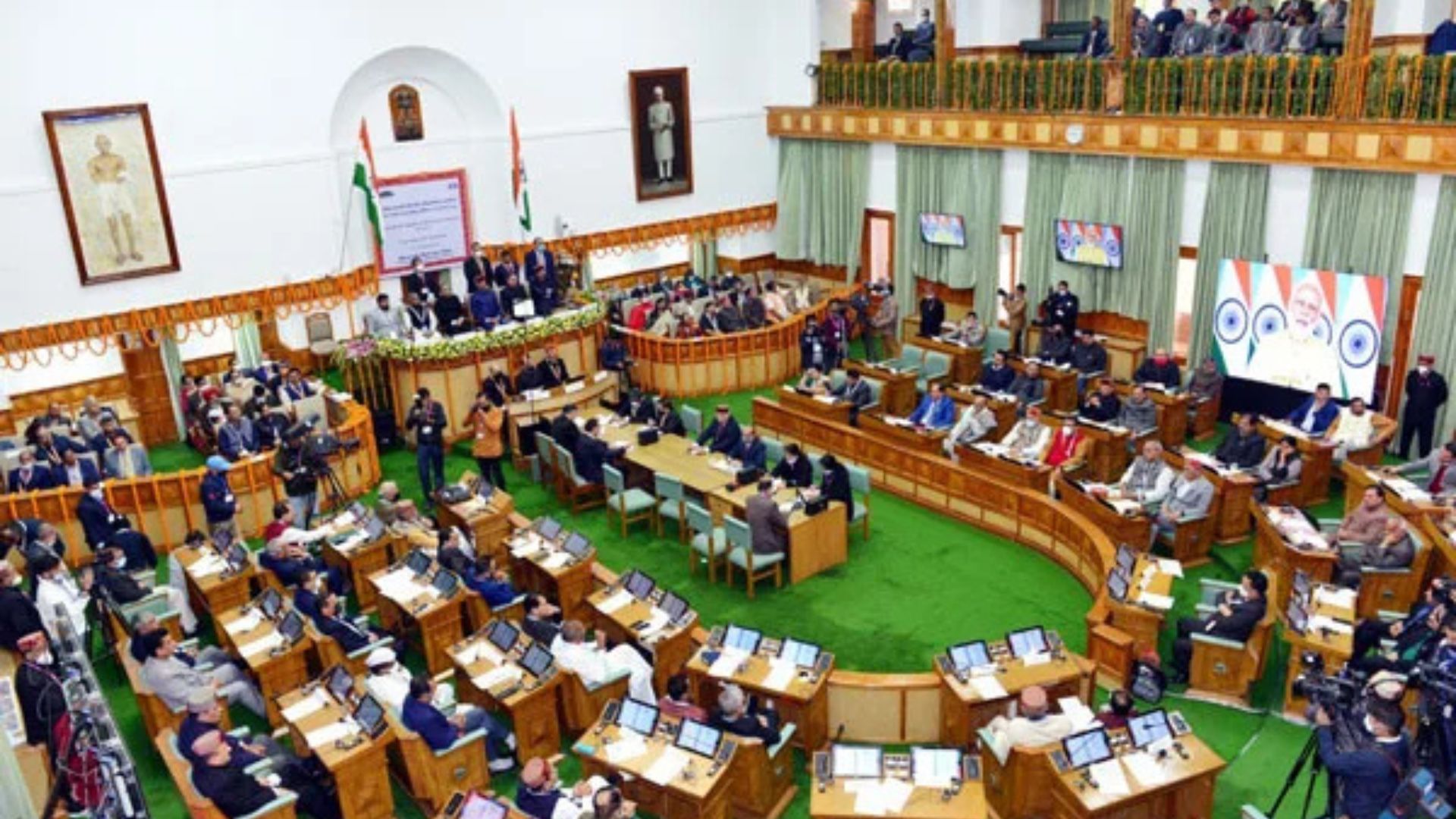
The Delhi High Court in the case Narendra Tyagi v. Assistant Director, CPIO observed and has stated that the correctness of information provided under the Right to Information Act, 2005, or any other dispute or controversy, cannot be adjudicated in proceedings under the enactment.
The Division bench comprising of Acting Chief Justice Manmohan and Justice Mini Pushkarna in the case observed and has stated that the CPIO is only required to supply all the information or documents within his access that weather or not such information as provided by the CPIO under the RTI Act is incorrect in any manner, is not the domain of consideration or determination under the RTI proceedings.
The court upheld the order passed by single judge which dismissed the plea moved by a man against an order passed by the Central Information Commission, CIC which provided ‘incomplete information’ to him.
In the present case, the man had filed an RTI application wherein seeking information about his service record from the National Book Trust. Therefore, it being the case of him that the CPIO wrongly informed him that he was working in the National Book Trust since December 15, 2008, whereas, he was working there since the year 2001. Thus, the CIC upheld the CPIO’s order and the single judge rejected the challenge to the CIC’s order.
The bench stated that the Single Judge, after considering the facts and circumstances of the case, categorically held that the proceedings initiated under the RTI Act cannot be converted into proceedings for adjudication of disputes as to the correctness of the information supplied.
The court in the case stated that the aforesaid definition clearly shows that information to be provided under the RTI Act includes various records, documents, circulars etc. which can be accessed by the ‘Public Authority’ under any other law for the time being in force. Adding to it, the court stated that the responsibility of the CPIO is discharged under the RTI Act upon providing all such information and documents that may be accessible to him. The court while considering the facts and circumstances of the case stated that the said court finds no merit in the present appeal.
Accordingly, the court dismissed the appeal.














